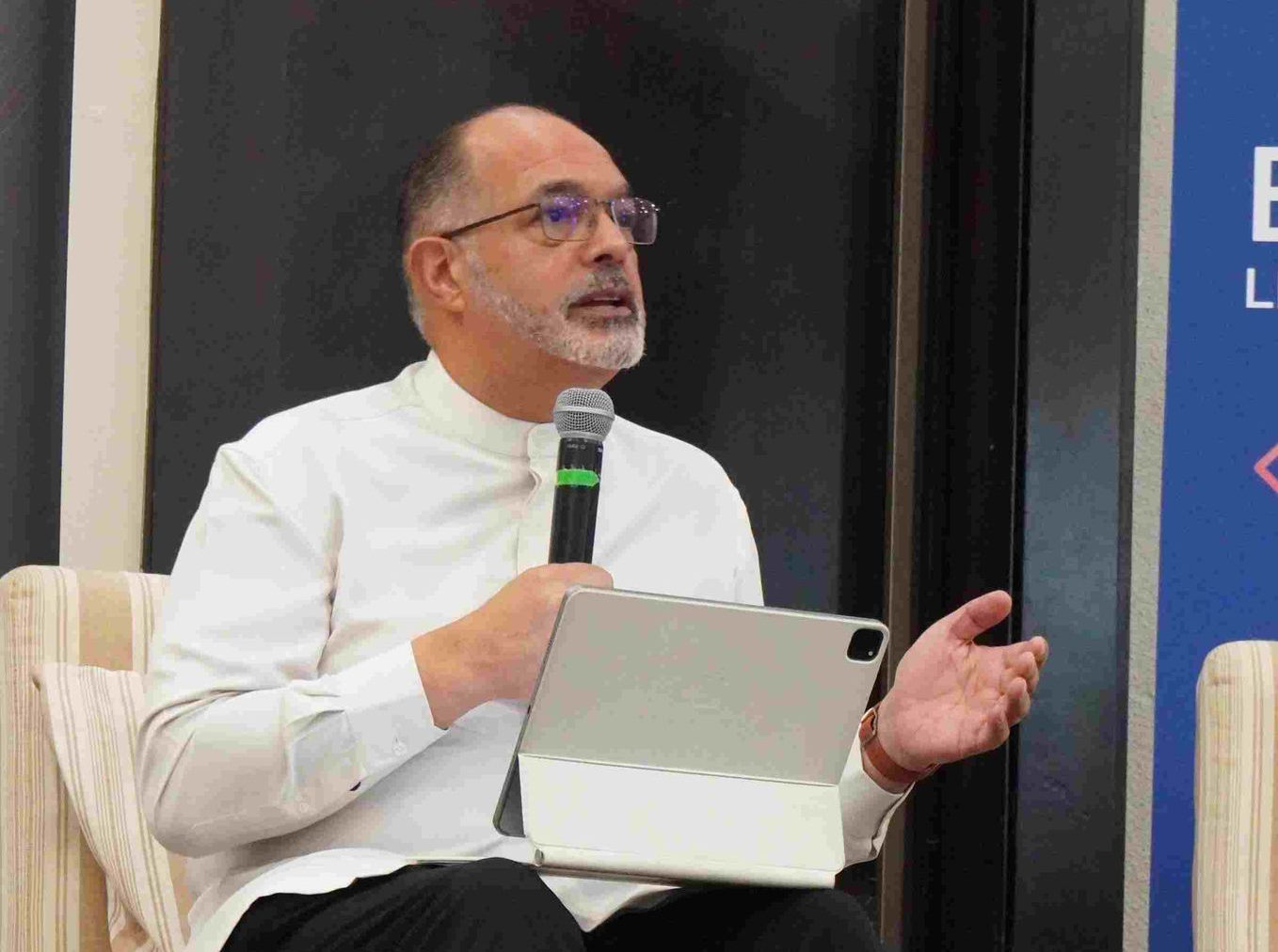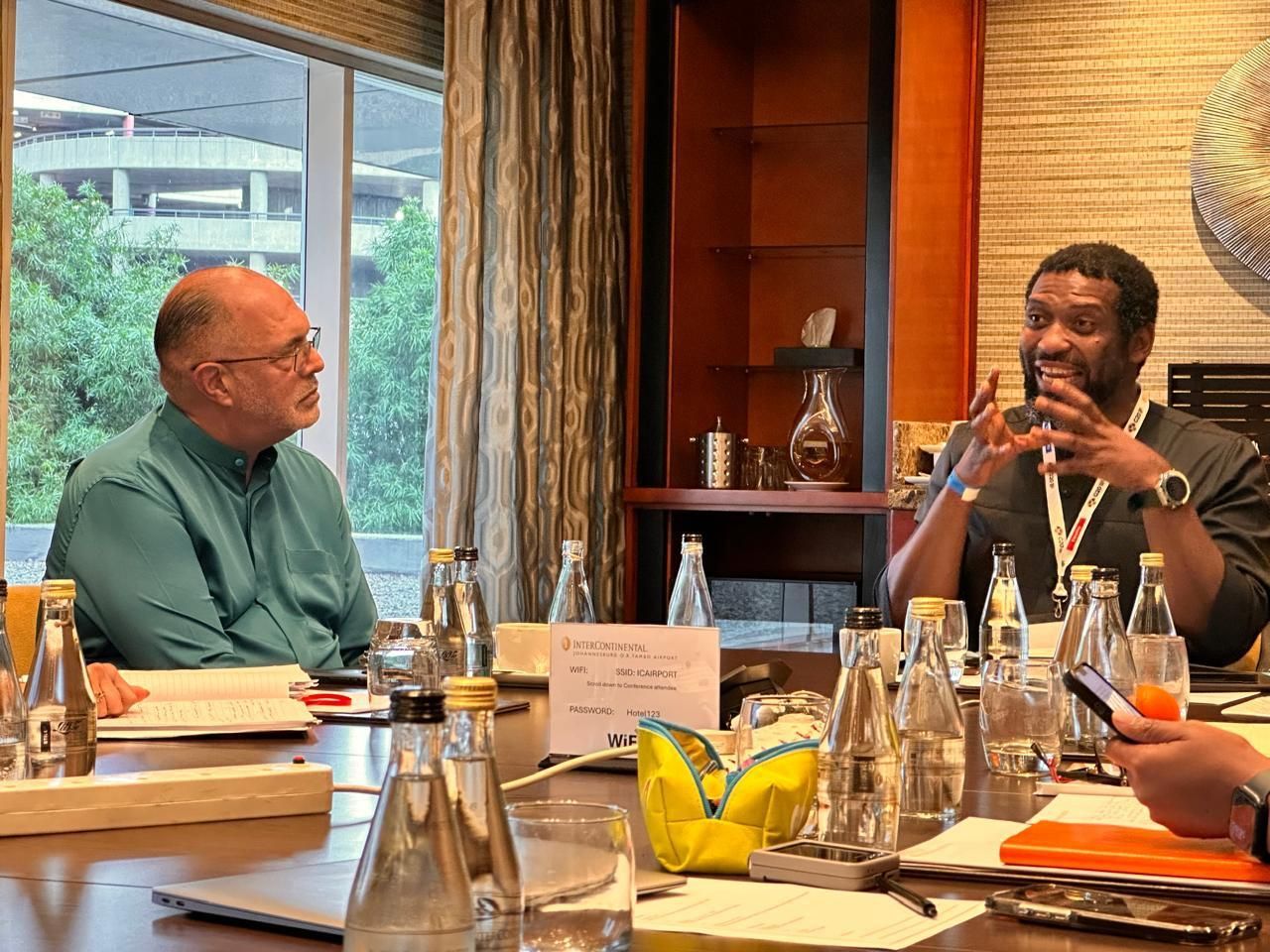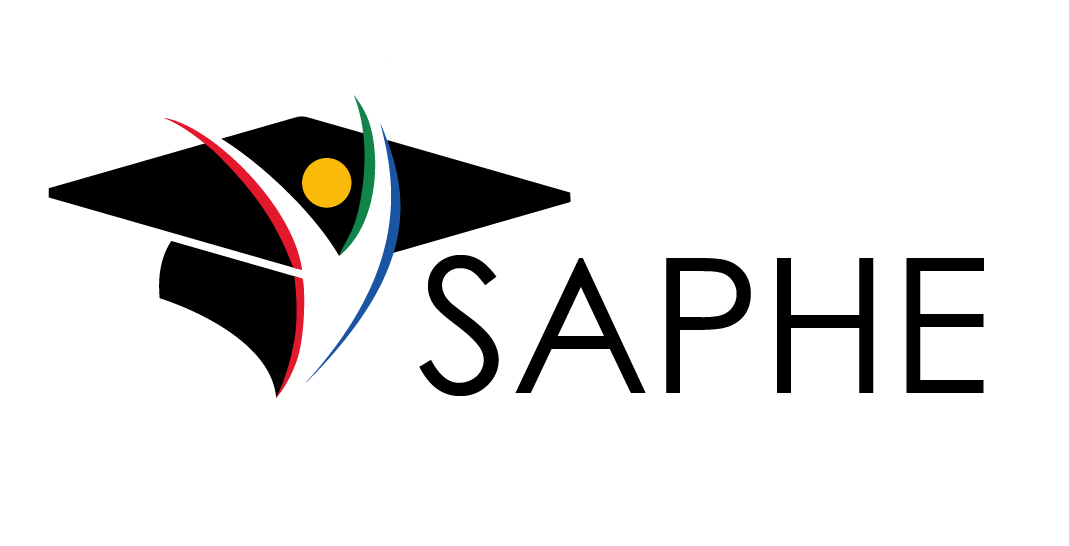Milestones spur momentum
2023 was a year of remarkable progress for SAPHE, marked by numerous impactful milestones and achievements. SAPHE Chairperson, Dr Jannie Zaaiman, says that guided by a shared vision for private higher education, SAPHE members collaborated effectively to advance not only the interests of PHEIs but also the broader landscape of higher education.
“This included championing rigorous quality assurance, engaging in constructive dialogue with key regulatory bodies like the Council on Higher Education (CHE), the Department of Higher Education and Training (DHET) and the South African Qualifications Authority (SAQA), fostering valuable capacity-building activities for our members, and hosting a successful SAPHE conference, showcasing research projects undertaken by PHEIs”, says Dr Zaaiman.
Globally, 2023 was a year of significant shifts, with Artificial Intelligence (AI) taking centre stage. Recognising its transformative potential, SAPHE established an AI task team to guide members in harnessing its potential responsibly.
Closer to home, South Africa's higher education sector faces unique hurdles. The ever-growing demand for quality education is hampered by limited access and insufficient student funding. Additionally, there's concern that graduates lack the skills needed for the evolving job market.
Dr Zaaiman emphasises that PHEIs, recognised for their flexibility and accessibility, are well-positioned to address these challenges and play a crucial role in shaping South African higher education. "Our members are committed to delivering high-quality education that caters to diverse needs and backgrounds, adhering to the highest standards," he affirms.
“As we step into 2024, SAPHE is looking forward to embracing its opportunities and tackling its challenges together. We will continue to support our members and believe that through collaboration, our institutions can draw on each other's strengths to unlock the full potential of private higher education in South Africa," says Dr Zaaiman. "Together, let's rewrite the narrative of South African higher education. Join us on this exciting journey!"



